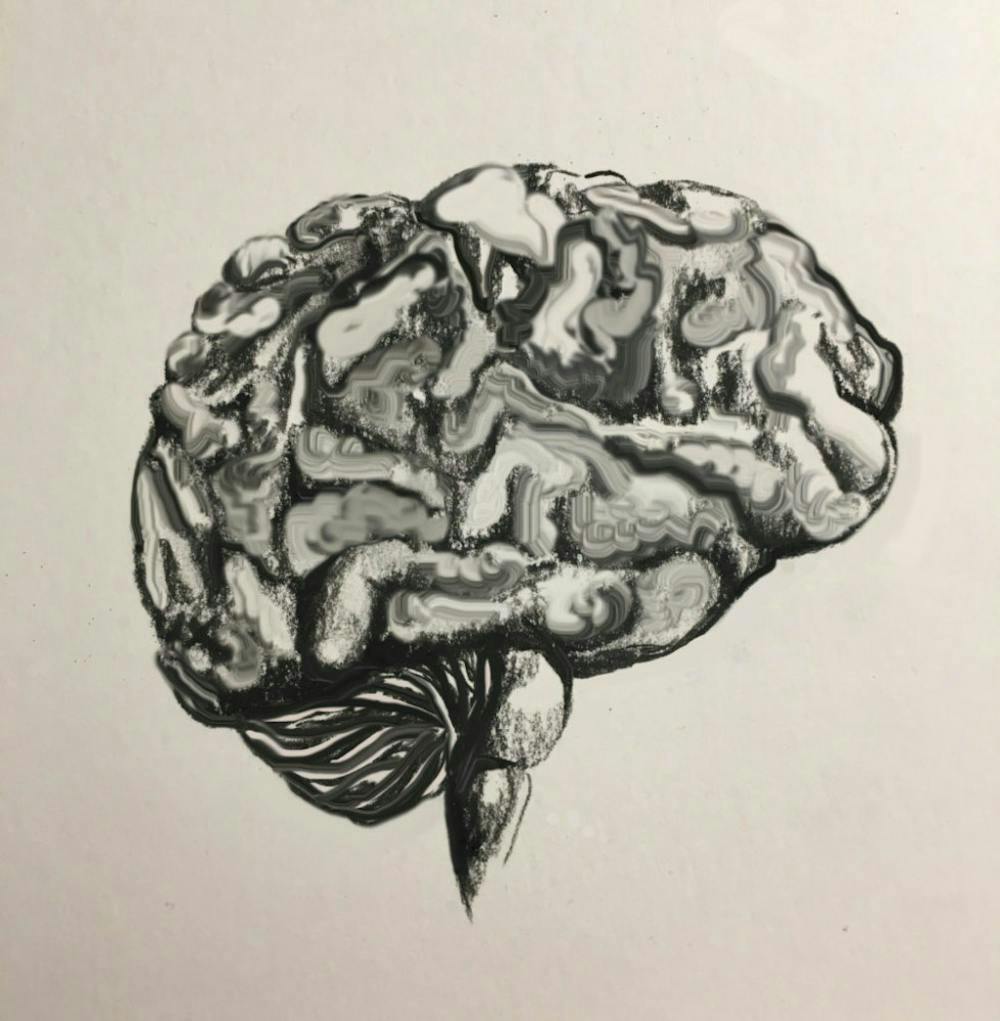A few weeks ago I attended “The Trauma of Activism: The Black Freedom Struggle,” a two day event hosted by Brown’s Africana Studies department. David Dennis, Sr., a civil rights activist and panelist at the event, described his trauma for the room, recalling memories of being sprayed by water hoses and chased by German Shepherds during protests. As he recounted the story, his body tensed up. His trauma was visceral. It reminded me of the stories I heard from my family about growing up Black in the Jim Crow South.
Today, trauma has morphed into something else entirely — a word that has come to define every adverse experience, from being cheated on to taking a challenging class. Trauma is no longer reserved for the few that have experienced horrific abuses or catastrophes; rather, it has permeated our cultural lexicon so liberally that it has been rendered meaningless. We must be more judicious in the way we understand our experiences in order to foster a culture of resilience — not learned helplessness.
A traumatic experience is defined as the exposure to serious injury, sexual violence or the threat of death. Some clinicians have broadened the definition to include any instance in which the psychological stress of an event is greater than the ability to cope. Traumatic experiences change the chemistry of our brain.
But the clinical understanding of trauma is a far cry from the cultural one. A scroll on TikTok or Instagram could convince almost anyone that they are traumatized. Social media users invoke the word for common adversities. One video, which got 40 thousand likes, claimed that moving houses as a child could be traumatic. Another argued that having a large age gap between you and your siblings or having divorced parents could constitute trauma. On social media, trauma is a catch-all for any event that is upsetting or unfortunate. This kind of conflation suggests that having a sibling ten years older than you is just as debilitating as having violence inflicted on you. This is simply not true.
Social media discourse has prompted thousands of young followers to re-evaluate their past through a traumatic lens. And how could they not when ordinary behaviors are made to be evidence of trauma. According to one TikToker, being “easy-going” and “non-confrontational” aren’t desirable personality traits, but rather a trauma response called fawning. Procrastination isn’t just the delay of a dreaded task. It’s an indication that your nervous system is in a functional freeze state — likely from trauma. Applying the word “trauma” to innocuous habits and behaviors strips it of all meaning and encourages an entire generation to pathologize their existence.
Negative experiences don’t have to be synonymous with traumatic ones. When we equate the two, we sell ourselves short by underestimating our ability to cope. Perception is a key factor in whether a potentially traumatic event turns into something truly traumatic. If you are grappling with an event like the sudden loss of a loved one, your pain may be more aptly described as grief. And when equipped with the right tools, you can come to terms with your bereavement. Instead of feeling helpless in the face of a challenge, we can choose to reframe the narrative and write a story in which it is a catalyst for growth, not stagnation. Understanding that gives us agency and makes us the captains of our own fate.
Granted, that isn’t to say that in the face of institutional injustice or personal tragedy, one should simply pull themselves up by the bootstraps and be resilient. There is a fine line between difficult and debilitating, which is where the appropriate use of the term trauma becomes critical in distinguishing the two experiences and honoring the complex psychological impacts that are unique to the latter. There are times when no amount of resilience can prevent long-lasting trauma. Other times, however, the deciding factor is you.
It makes sense that a generation that spent their formative years in a pandemic and is facing an unprecedented amount of depression, anxiety and loneliness would find solace in a word that seems to explain all of their troubles. But trauma is not trendy or desirable. It is atypical and debilitating. It cannot be a totalizing buzzword, nor can it be the end of the story. In saying that everything is traumatic, we do a disservice to some of the most vulnerable people in society, and we do a disservice to ourselves.
Kendall Ricks ’27 can be reached at kendall_ricks@brown.edu. Please send responses to this column to letters@browndailyherald.com and other opinions to opinions@browndailyherald.com.





